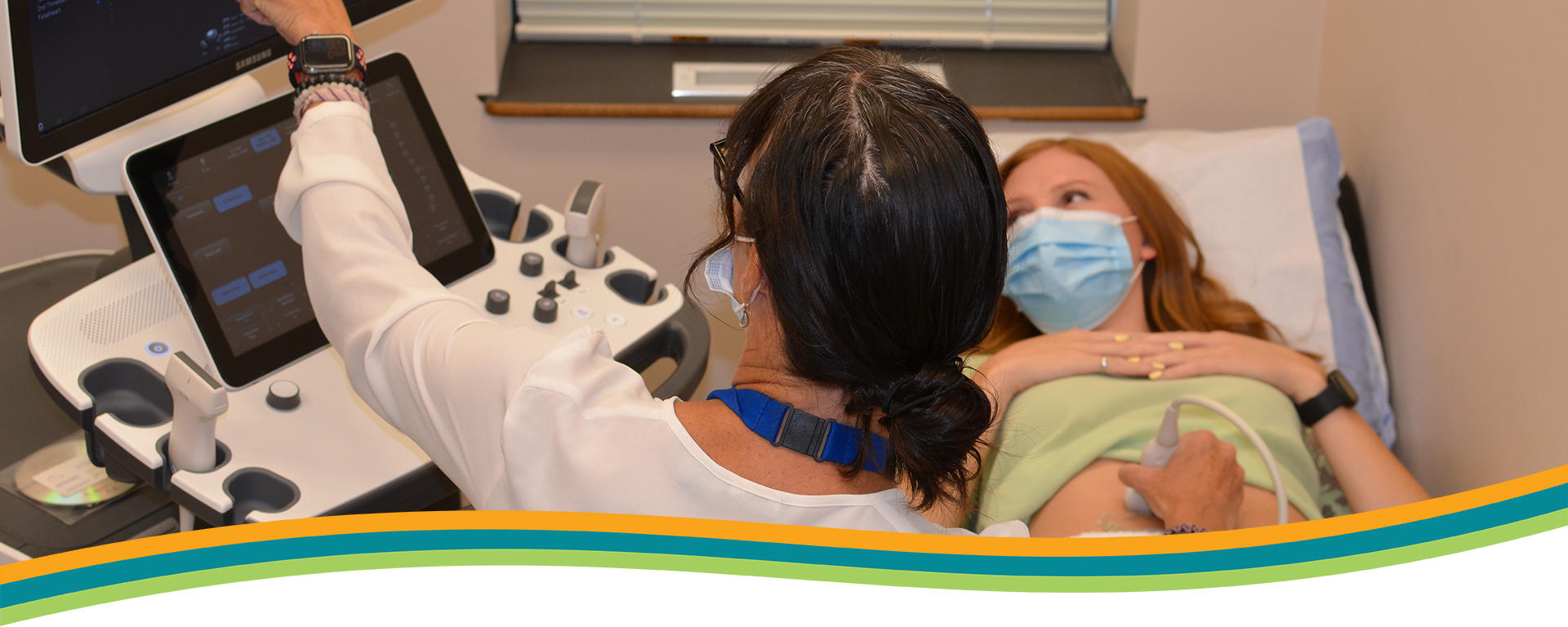
The mission of the CCSC Research Unit is was to excel in the acquisition, dissemination and application of new knowledge relevant to the prevention and early detection of colon cancer through research conducted at the level of the cell, the individual and the community.
The CCSC provides an important platform for multidisciplinary research. Over 17,000 screening-related colonoscopies are performed annually. There is dedicated research space, including research offices and a small laboratory to support biobanking. Clinical databases provide comprehensive information that can be used for research. The homogenous and high volume patient population and standardized clinical pathways and processes at the CCSC support the rapid completion of large clinical studies that would be simply impossible to perform at a busy hospital endoscopy unit.
Focus Areas
- Improving CRC screening processes and clinical pathways
- Risk Prediction and machine learning
- Sessile serrated lesions of the colon
- Post-colonoscopy colorectal cancer
- Screening equity
Organization
Director of Research; Manager, Epidemiology and Data Holdings
Dr. Darren Brenner
Manager, Colonoscopy & Polyp Management
Dr. Steven Heitman
Medical Director; Manager, CRC Screening Outcomes
Dr. Robert Hilsden
Manager, Clinical Trials & Biorepository
Currently Vacant
CCSC Biorepository and Research Registry
The CCSC Biorepository and Research Registry was initiated in March 2008 and has been supported by funding from the Canadian Institutes of Health Research, the Alberta Cancer Foundation and the Forzani & MacPhail Colon Cancer Screening Centre. Over 4,000 participants have been recruited to Biorepository. Biospecimens available include serum, plasma, buffy coat, FTA card, urine, normal colon tissue and neoplastic tissue. Prospective data collection can be tailored depending on study requirements. Samples are provided to academic and industry investigators on a cost recovery basis.
Competitive Funding
- Improving patient outcomes among early-age-at-onset colorectal cancer patients using real-world data. Canadian Institutes of Health Research (2022-2025), PI: Brenner
- Fecal immunochemical test for post-polypectomy surveillance to reduce unnecessary endoscopy (FIT2RUN Study). Canadian Institutes of Health Research (2019-2022), PI: Hilsden
- Predicting the risk of advanced colorectal polyps with circulating biomarkers (P-RAP). Canadian Institutes of Health Research (2019-2022), PI: Brenner
- Mitigating the long-term impact of the COVID-10 pandemic on colorectal cancer care and control in Alberta: Developing a live colorectal cancer activity dashboard. Canadian Institutes of Health Research (2021-2023), PI: Brenner
- Surgery for non-malignant colorectal polyps: can we do better? Alberta Innovates: Partnership for Research and Innovation in the Health System, PI: Heitman


